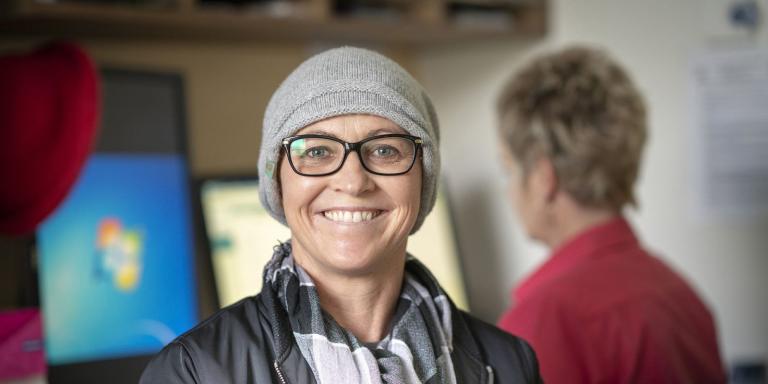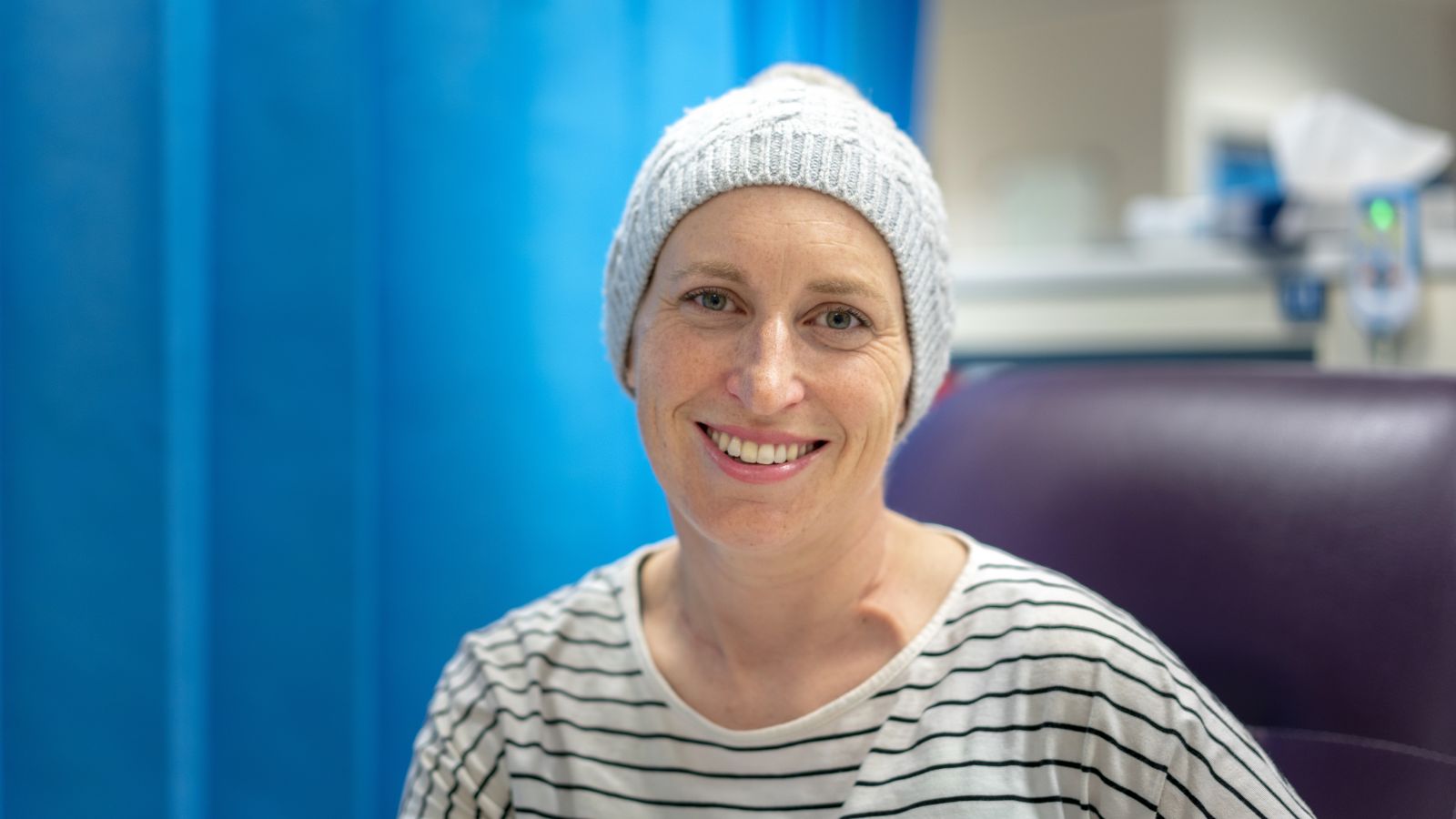
Targeted cancer therapies
Northern Cancer Service

Targeted Therapies in cancer treatment
There are now many newer types of cancer treatment drugs. As a group, these are called targeted therapies. These drugs work by blocking the growth and spread of cancer by interfering with very specific parts of the cancer cell or a specific process within the body. These drugs have been deliberately designed to work on specific aspects of cancer, for example, they may block cancer cells from reproducing, by attaching to a particular part of the cancer cell's messaging system.
Targeted therapies may be given as a single treatment or as part of a treatment plan that also includes chemotherapy or radiation therapy and or surgery.
Targeted therapies can be taken orally as a tablet (capsule) or given (intravenously) into the vein or as a small injection under the skin (subcutaneously). Sometimes a vascular access device may be used to protect veins when intravenous treatment is required over longer periods.
There are some potential side effects of targeted therapies (these can be different from other cancer treatments such as chemotherapy) and include:
- skin rash
- joint pain
- dry eyes
- diarrhoea
- abdominal pain
- fatigue
- headache.
The team at the Northern Cancer Service will provide advice and support related to the specific treatments prescribed. Including instructions on how and when to take the treatment, a letter about the treatment in case of emergencies and information and support around how to manage common side effects.
It is important to seek urgent medical advice if you become rapidly or seriously unwell when taking any kind of cancer treatment.
Immunotherapy for Cancer Treatment
Immunotherapy is a type of cancer treatment or targeted therapy which works by enabling the body’s immune system to target cancer cells. There are several different types of immunotherapies, these drugs work in slightly different ways or on different parts of the immune system. The immune system is made up of white blood cells, organs and tissues of the lymphatic system.
Immunotherapy can be given as a cancer treatment on its own or in combination with chemotherapy and /or radiotherapy.
Immunotherapy drugs can be taken orally as tablets or given (intravenously) into the vein.  Sometimes a vascular access device may be used to protect veins when intravenous immunotherapy treatment is required over longer periods.
Sometimes a vascular access device may be used to protect veins when intravenous immunotherapy treatment is required over longer periods.
There are some potential side effects of immunotherapy (these can be different from other cancer treatments):
- skin rash
- joint pain
- dry eyes
- diarrhoea
- abdominal pain
- fatigue
- headache.
The team at the Northern Cancer Service will provide advice and support related to the specific immunotherapy treatment prescribed. Including instructions on how and when to take the treatment, a letter about the treatment in case of emergencies and information and support around how to manage common side effects.
It is important to seek urgent medical advice if you become rapidly or seriously unwell when taking any kind of cancer treatment.
The following video on what you need to know about Immunotherapy has been produced by the Peter MacCallum Cancer Centre.
